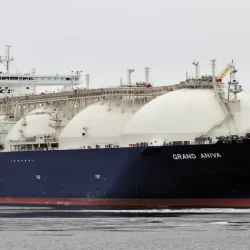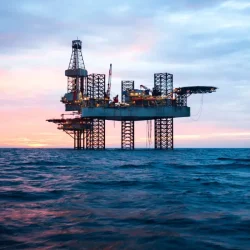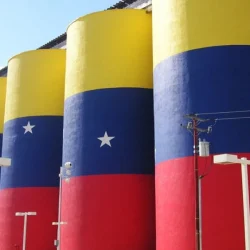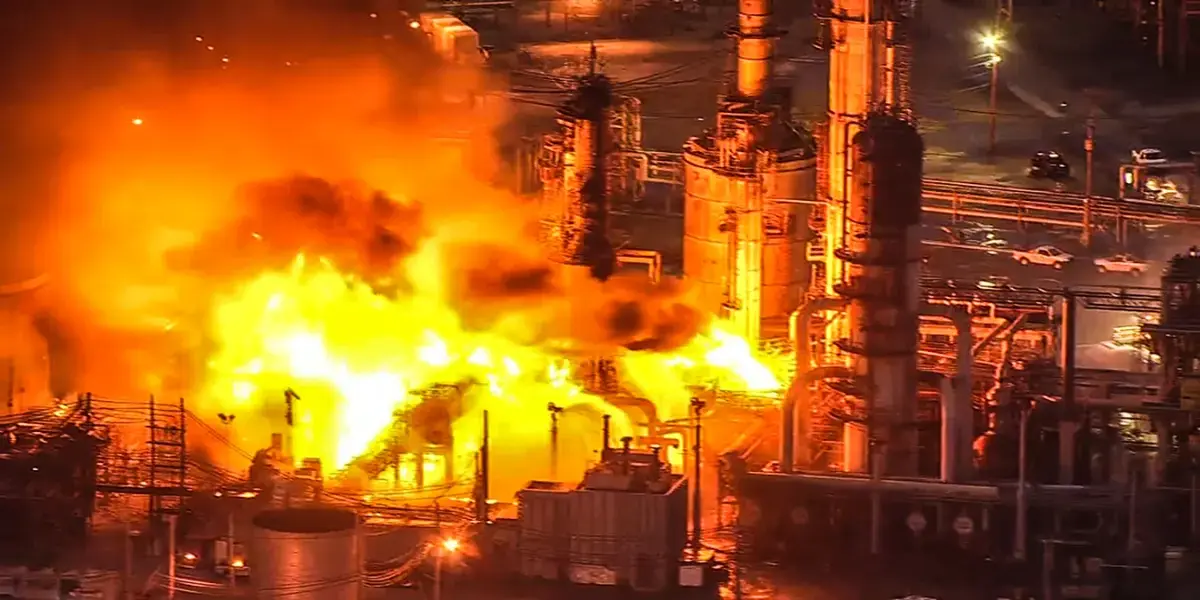Tensions Escalate as Energy Infrastructures Targeted in Iran-Israel Confrontation
Following the Islamic Revolutionary Guard Corps’ (IRGC) missile response to Israel’s Thursday night attack and the assassination of Iranian military commanders, reports have emerged of reciprocal strikes on both nations’ energy infrastructures.
On Saturday, amid temporary disruptions in Iran’s air defense systems, unconfirmed reports claimed a strike on the Tabriz refinery—claims swiftly denied by the Iranian Ministry of Petroleum. As Iran began its retaliatory operations, South Pars Phase 14 was reportedly targeted, resulting in an explosion.
Subsequently, the Fajr Jam gas refinery also came under attack, although the extent of damage was significantly less than that of Phase 14. Additional claims about strikes on the Tondgouyan Petrochemical Plant and again the Tabriz refinery were later officially refuted.
In a major escalation, Iran reportedly targeted the Haifa refinery in Israel—considered one of the regime’s strategic energy facilities. In response, Israeli forces attacked the Kon oil depot and an oil storage site in southern Tehran.
While Israeli media reported an explosion at Tehran’s main refinery, Iran’s Ministry of Petroleum promptly denied the incident. Regarding the Kon depot, officials stated that fuel levels had been intentionally reduced as a preventive measure to mitigate potential large-scale damage in case of an attack.
Though the scope of the strikes remains limited at this stage, experts stress the need for heightened preparedness and proactive strategies to safeguard the nation’s vital energy infrastructure.









